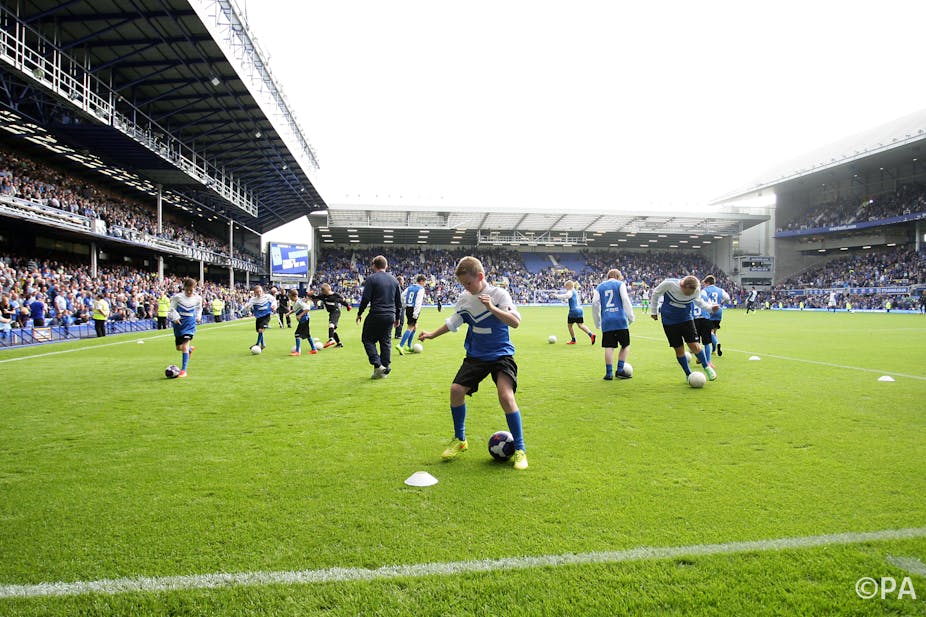The Greens offer interesting policy directions for sport, but lack specific pledges and defined red-line targets. Sporting clubs would be turned into community and supporter co-operatives, and all children would get half a day of sport. These are two of the very few possibilities found within the Green Party manifesto. All in all, sport is afforded four separate entries.
The four specific possibilities mentioned are:
Season ticket holders backed by the local community to be given a bigger say in the running of sports clubs.
-
Sport to be made more accessible to all, though there are no detail on how this is to funded.
Participation by targets in sport for women, ethnic minorities and disabled people in particular.
At least half a day a week for school sport.
Committed on the surface
The Greens’ commitment to dedicate three to four hours of the week to sport in schools is refreshing, and shows the Greens are serious about encouraging children to be active. Indeed, this is a greater number of hours than any of the other parties pledge.
To date, even lower targets of two hours per week have been difficult to achieve. This suggests that, if the Greens’ aims are to be achieved, they will need to factor in an infrastructure and support mechanism: they have not done so.
But scratch a little deeper, and there is no real budget within this manifesto. There is not enough economic data to evaluate how the Greens’ policies are costed. Many of their plans are unfunded, much like the Conservatives’ commitment of £150 million over the next government.
But we do know that the role physical activity has in addressing mental health – a key plank of this manifesto – amounts to the equivalent of about £8 being saved for every £1 spent.
Sport for all
The Greens commit to improving participation by using targets in sport for women, ethnic minorities and disabled people in particular. Although no actual targets have been set, we know from the latest Sport England data that 40.8% of men play sport once a week, compared to 31.0% of women. Over 2013/14, participation among black and ethnic minority groups and disabled groups has increased slightly. And sports participation among people aged 16 and over is higher among higher socio-economic groups.
As with other manifestos, gender inequality rightly receives a high degree of attention. But sport in the UK continues to be significantly divided by class and geography. Questions remain over what constitutes meaningful participation, given that countries such as Luxembourg prescribe one hour per day for primary school children as basis for developing healthy habits at a young age.
In the end, it is key that political choices and priorities are made and not simply because a Commonwealth or an Olympic games is coming to town, but because a “sport for all” approach can deliver on health, educational attainment, and developing human capabilities.
Missed opportunities
Like Labour, the Greens have focused upon the issue of governance in relation to community sports clubs – in particular, football clubs. This is to be expected in a manifesto where the key message is working for the common cause.
That being said, the Green party manifesto has little in common with the vast range of international projects aimed at assisting a more environmentally sustainable world by using sport as a tool. As a bare minimum, the UN regularly calls for the development of environmentally friendly sports facilities and the manufacturing of environmentally friendly sports goods, free from child labour.
Peace keeping, sustainable development and fair treatment of asylum seekers and refugees are all part of the Green Common Cause story. Sport could certainly have played a role here. For example, on April 15th UN Secretary General Ban Ki-moon addressed an event in New York, encouraging “united action towards sustainable development for all through sport.” It was attended by Jacques Rogge’s special envoy on youth refugees and sport, whose position recognises the significant evidence highlighting sports role in bringing a degree of normality to the lives of refugees and asylum seekers.

